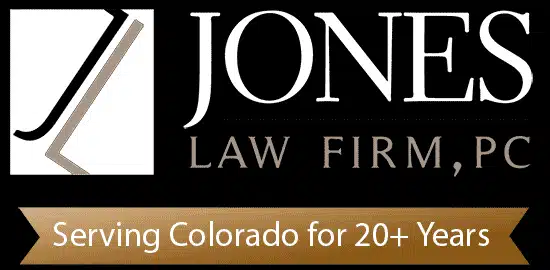Once you have a temporary protection order restrianing the defendant from you, the Court will set a date for you to come back and have a hearing on whether that protection order should be made permanent.
At that hearing you need to prove two things for the Court to find that the temporary protection order should be made permanent.
Those two things are:
- An act of violence or domestic violence has occurred, and;
- That violence is likely to continue without further restraint.
- Often when I see parties try to prevail on protection orders, and lose, it is because they were unable to prove the second part of their burden. Often I see individuals spend their whole hearing explaining to the Judge that the defendant was violent towards them on one particular day, and the petitioner fails to explain why they believe that the Defendant will continue to be a danger to them without the protection order being made permanent.
- This is a completely understandable mistake. Often the Petitioner has just been through some sort of trauma perpetrated by the Defendant, and the Petitioner is unable to see the ‘big picture.’ As a result, the Petitioner is instead completely focused on the most recent event of violence, and that is all s/he tells the Judge.
- So, instead of making the typical mistake, try telling the Judge some of the following information that may help you prove part two of the statute:
- Has violence occurred before? How often? When was the first time?
- Have you asked the defendant to stop? Did s/he stop?
- Are you afraid if the protection order is not made permanent? Why?

